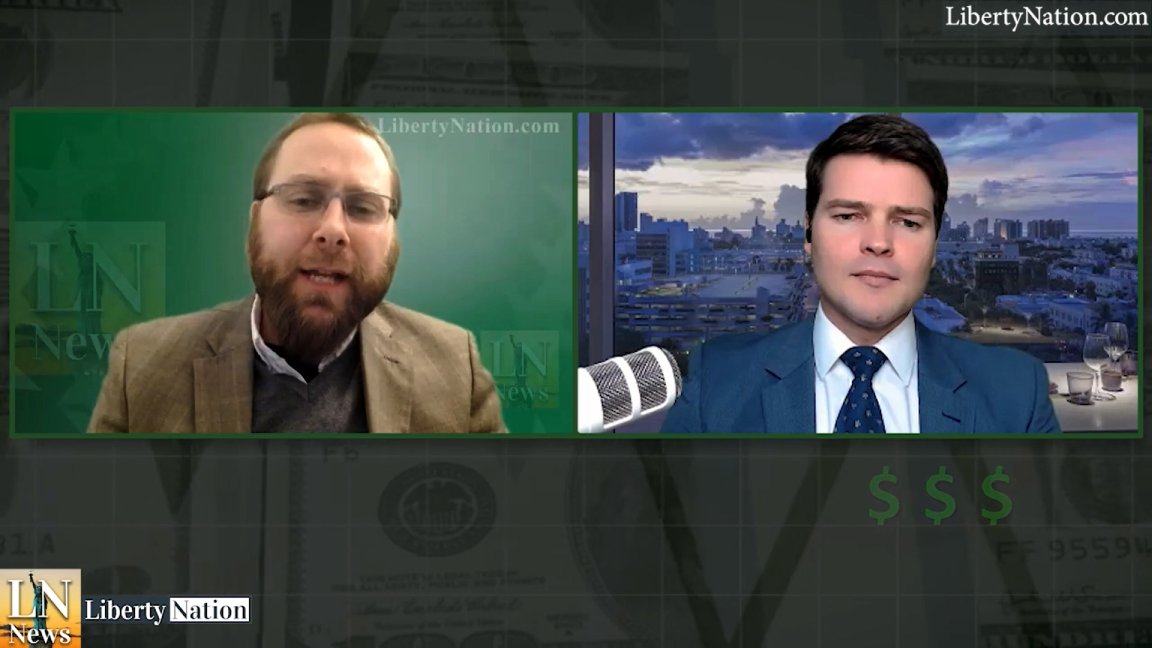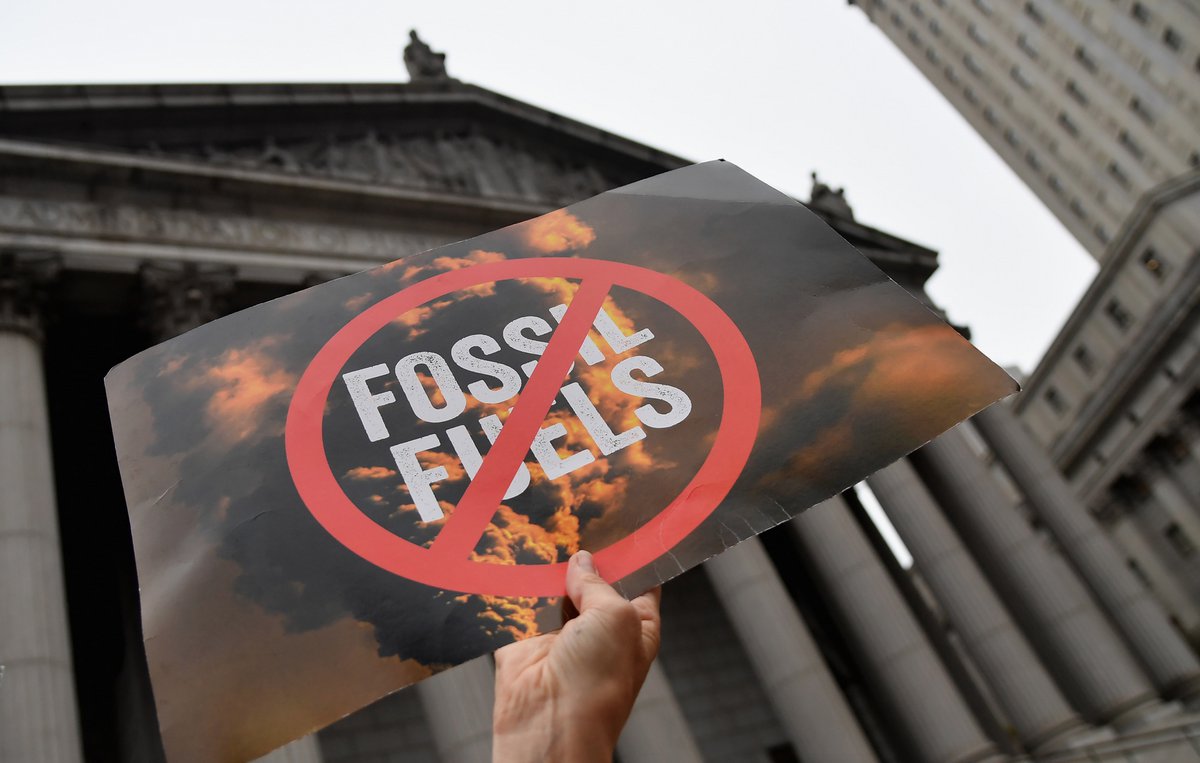Fergus Hodgson, CAIA | Source | Director at Econ Americas

Fergus Hodgson, CAIA
I am the director and founder of Econ Americas, a financial consultancy devoted to alternative investments and stakeholder management. In addition to equity research, my team facilitates investor and media relations related to economics and finance. I am the author of "The Latin America Red Pill" and "Financial Sovereignty for Canadians" and the publisher of the Impunity Observer, a geopolitical intelligence service. Previously, I was an investment analyst for Bluestem Equity in Houston, Texas.
I hold an MBA in finance from Rice University (2021), a BA in economics from Boston University (2007), a BA in political science from the University of Waikato (2009), and a certificate in Cuban history from the University of Miami (2013). I am a Chartered Alternative Investment Analyst and have passed the Series 65 financial advisor exam.
I was born in New Zealand and came to the United States on an athletic scholarship in 2003. While I reside in Colorado, I have lived in six other states and seven other countries. I am a citizen of Canada, Ireland, and New Zealand.
-

Econ Americas (http://econamericas.com)
Director
-
Can the Fed Keep the Euphoria Alive? – Swamponomics – Special Edition
The Federal Reserve has given the folks residing and working on Main Street and Wall Street a special dose of quantitative easing to cure the ailments stemming from the coronavirus pandemic. But now that the U.S. central bank is removing these prescriptions, will the patient have withdrawal symptoms? Visit Liberty Nation and read articles related to this topic here: https://www.libertynation.com/?s=Federal+Reserve
Video -
Why Net-Zero Is a Suicide Mission for Canada
An interview with Andrew Lawton for the True North Centre for Public Policy.
Video -
Wall Street Money Takes on Big Oil
Institutional investors are increasingly on the side of climate activists, but not totally for the sake of the planet.
Article
-
“There is immense pressure on the Fed to restore and defend confidence in the US dollar as the world’s reserve currency. The US dollar has become a symbol of the US economy more broadly, so a lot hinges on Fed stability, credibility, and competence,” Fergus Hodgson, director at Econ Americas, told InvestorPlace. “The key messages from the Fed will be that inflation will continue to fall and that the US economy is well managed, whether these assertions are true or not.
https://investorplace.com/2023/06/stock-market-crash-alert-mark-your-calendars-for-june-14/
-
Inflation has already persisted and embarrassed the Federal Reserve system,. The notion that this inflationary period is only transitory is fading fast, especially since the Fed is way outside its stated mandate and with little ability to turn it around. Further, the immense fiscal deficits at the federal level are feeding the problem and ensuring its continuance.
-
Still, deals that bring smaller, diverse firms into the mix are ultimately worthwhile because they burnish the issuers’ reputation with regulators and get the attention of a growing number of investors focused on environmental, social and governance issues. I don’t see this as optimal for resource allocation or cost-effectiveness. I do see it as an intelligent marketing strategy.



